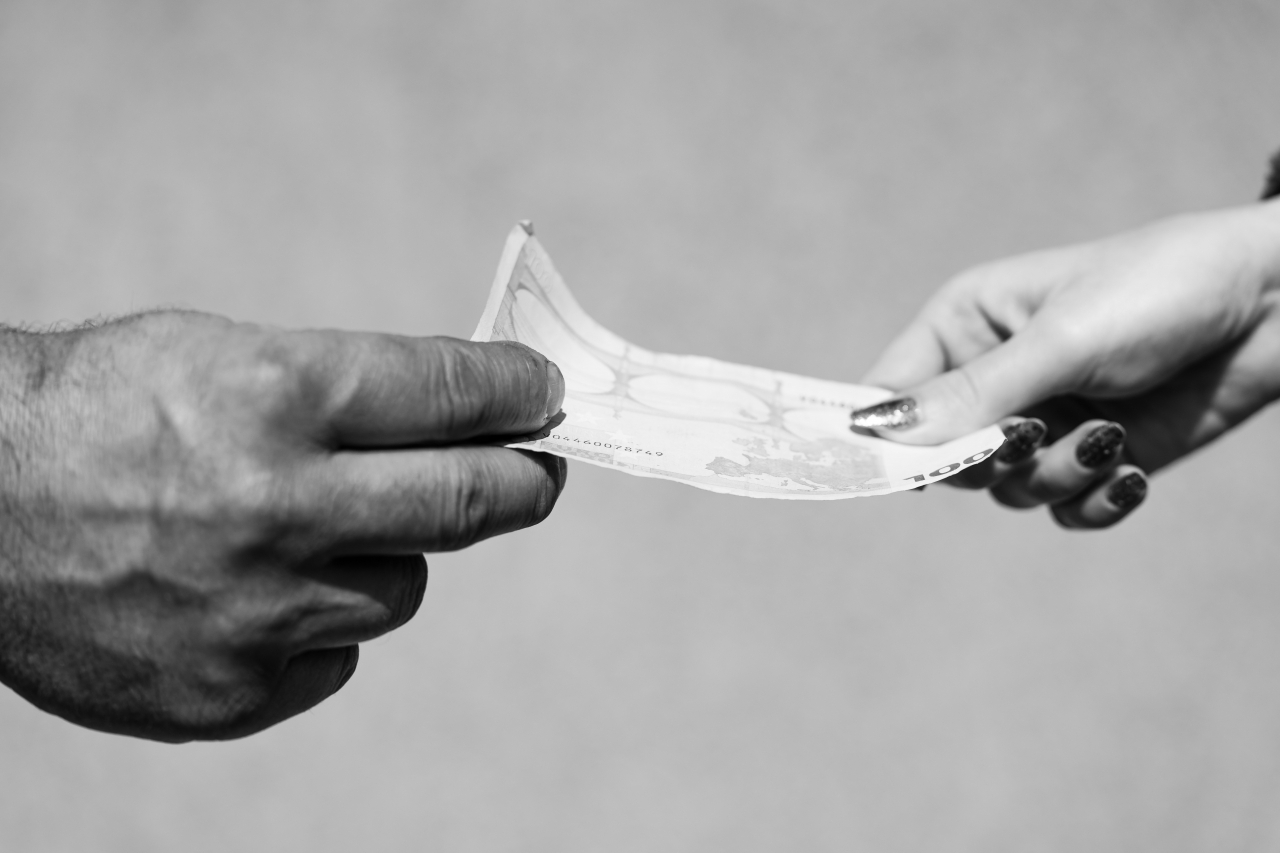 |
(123rf) |
South Korea is being plagued by illegal ticket sales ranging from music and other forms of performing arts to reservations for hotels, restaurants and popular services all throughout the country.
An online post on Joonggonara, a website for secondhand sales, offered a reservation for a meal for two at a high-end sushi restaurant in Gangnam's Cheongdam-dong, an affluent region in southern Seoul, for 540,000 won ($410) -- 100,000 won more than the original price.
A separate post on the similar Karrot Market offered a reservation for a room at a luxury hotel in Seoul on Christmas Eve, asking the potential buyer for 200,000 won in addition to the 440,000 won for the room the buyer would have to pay the hotel. "If you look it up, you'll find that the going rate is at least 1.56 million won," the seller claimed.
The practice of poaching highly coveted goods and reselling them at a premium price is called "doipali" in Korean, roughly translating to "reselling." There is not yet an official tally on how widespread the practice is in South Korea, but the phenomenon tends to resurface around limited editions of popular brand's products.
A few years ago, McDonald's launched a Happy Meal with licensed products of the popular Super Mario Bros. video game franchise. Many of the toys were acquired by resellers who camped outside the stores and bought the hamburger sets, then were sold online for as much as 30,000 won each. Joonggonara was pressed to ban any sales of Happy Meal toys.
In the past, ticket scalping has mostly been a pest to the music and performance industry, which it still is.
The Record Label Industry Association of Korea recently conducted a survey on adults across the country and found that 32.8 percent of those aged between 19 and 29 have bought a ticket from a scalper at least once, compared to 25 percent of those in their 30s and 40s and 19.2 percent of people in their 50s. Even 12.9 percent of 60-somethings had bought such illegal tickets.
Of the 19-29 group who bought tickets from a scalper, 20 percent said they had spent more than 500,000 won on a ticket.
The industry group has claimed that those selling tickets illegally are taking a substantial cut of the profits generated by the K-pop industry. Chairman Yoon Dong-hwan recently told The Korea Herald that more than 50 percent of tickets for sold-out performances go to ticket scalpers.
While many complain about ticket scalping, legal punishment of the act still has some gaping holes as of now.
Article 3 of the Punishment of Minor Offenses Act states that those who permit entrance illegally in exchange for payment at an arena, a performance venue or a station shall be punished by law. The law, however, has been heavily criticized for being outdated, as there is no legal clause that specifically addresses illegal online sales of tickets.
Law revisions to curb ticket scalping have been under discussion, with some efforts undertaken by lawmakers. South Korea recently revised the Public Performance Act to specify that buying tickets with targeted software -- or macros -- is illegal, which is to take effect next year.
But many across industries are calling for a more comprehensive law revision on the matter. “It would be hard to put an end to ticket scalping itself, but at least revise the law that was made 50 years ago,” the record label association said.
The group filed a public petition on revising laws related to ticket scalping last month.







